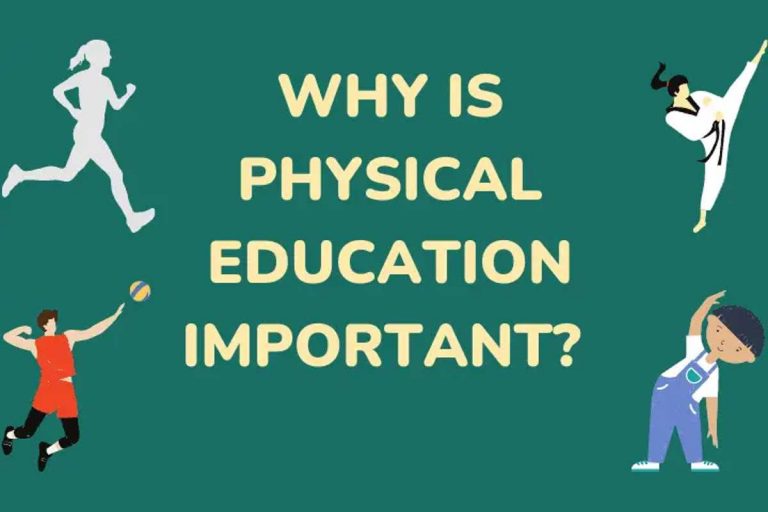What Is Classical Education? Explained!
Mia Wilson
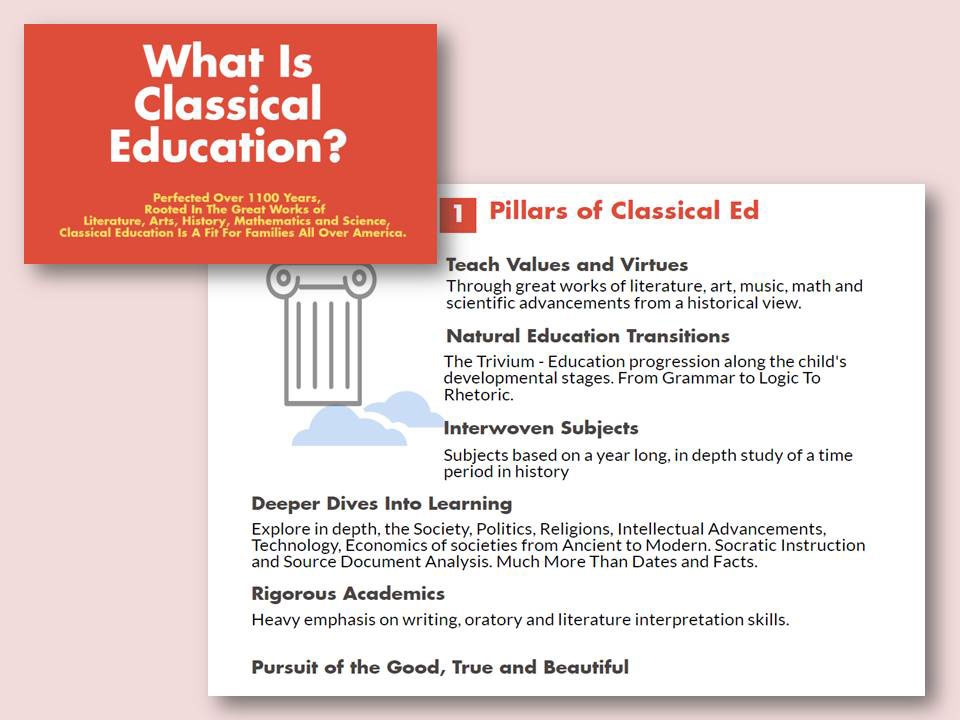
Photo: What Is Classical Education? Explained!
Introduction to Classical Education
In an era dominated by modern teaching methodologies and technological advancements, classical education stands out as a time-honored approach to learning. But what is classical education, and why does it continue to resonate in contemporary educational discourse? This article delves into the essence of classical education, exploring its origins, core principles, and the advantages it offers to learners of all ages.
The Historical Roots of Classical Education
Classical education traces its origins back to ancient civilizations, notably Ancient Greece and Rome. These societies prized rhetoric, philosophy, and the liberal arts, believing that education was essential for cultivating virtuous and knowledgeable citizens. The medieval period further refined classical education through the trivium and quadrivium frameworks, focusing on grammar, logic, rhetoric, arithmetic, geometry, music, and astronomy.
The Trivium and Quadrivium Explained
At the heart of classical education lies the trivium, comprising grammar, logic, and rhetoric. These stages are designed to develop a student's ability to communicate effectively and think critically. Following the trivium, the quadrivium encompasses arithmetic, geometry, music, and astronomy, fostering a deeper understanding of the natural world and its underlying principles.
Core Principles of Classical Education
Classical education is built upon several foundational principles that distinguish it from other educational models:
Emphasis on Great Books and Timeless Literature
A cornerstone of classical education is the study of great books works that have withstood the test of time and offer profound insights into human nature, society, and ethics. Engaging with these texts encourages students to explore complex ideas and develop their interpretative skills.
Focus on Critical Thinking and Reasoning
Rather than merely memorizing facts, classical education prioritizes critical thinking and logical reasoning. Students are trained to analyze, evaluate, and synthesize information, enabling them to form well-founded opinions and solve problems effectively.
Development of Virtue and Moral Character
Classical education seeks to cultivate not just intellect but also moral character. By examining ethical dilemmas and philosophical questions, students learn to navigate the complexities of right and wrong, fostering a sense of responsibility and integrity.
Structured Learning Progression
The classical model follows a structured progression through the stages of the trivium and quadrivium, ensuring a comprehensive and balanced education. This systematic approach allows students to build upon their knowledge and skills in a logical sequence.
Benefits of Classical Education in the Modern World
Despite its ancient origins, classical education offers numerous benefits that are highly relevant today:
Enhancing Communication Skills
By emphasizing rhetoric and effective communication, classical education equips students with the ability to articulate their thoughts clearly and persuasively, a valuable skill in both personal and professional settings.
Fostering Lifelong Learning
The focus on critical thinking and independent inquiry encourages a love for learning that extends beyond formal education. Students develop the capacity to seek knowledge and adapt to new information throughout their lives.
Building a Strong Ethical Foundation
In a world often characterized by moral ambiguity, classical education provides a solid ethical framework. Students learn to navigate ethical challenges with discernment and uphold principles of honesty and fairness.
Preparing for Diverse Career Paths
The broad-based education offered by the classical model prepares students for a wide range of careers. The skills acquired such as analytical thinking, effective communication, and ethical judgment are highly transferable and sought after in various fields.
Implementing Classical Education Today
Modern educators and parents interested in classical education can adopt several strategies to integrate its principles into contemporary learning environments:
Incorporating Great Books into the Curriculum
Selecting and studying great books across different genres and time periods can enrich the curriculum. Discussions and analyses of these texts promote deep understanding and critical engagement.
Emphasizing Socratic Dialogue
Using the Socratic method a form of cooperative argumentative dialogue encourages students to question assumptions, explore underlying concepts, and develop their reasoning abilities.
Balancing Humanities and Sciences
While classical education has traditionally emphasized the humanities, integrating scientific disciplines ensures a well-rounded education. This balance allows students to appreciate both the arts and the sciences, fostering versatile intellectual growth.
Utilizing a Structured Learning Path
Adhering to a structured progression through the trivium and quadrivium helps maintain coherence in the educational experience. This approach ensures that students develop foundational skills before advancing to more complex topics.
Challenges and Considerations
Implementing classical education is not without its challenges. Educators must navigate potential obstacles to effectively adopt this model:
Adapting to Diverse Learning Styles
Classical education's structured approach may not align with every student's learning style. Educators must find ways to personalize instruction while maintaining the integrity of the classical framework.
Integrating Technology
Incorporating modern technology into a classical education model requires careful consideration. Balancing traditional methods with digital tools can enhance learning without detracting from the core principles.
Ensuring Accessibility
Making classical education accessible to a diverse student population involves addressing socioeconomic disparities and providing resources that support varied educational needs.
Conclusion: The Enduring Appeal of Classical Education
Classical education offers a timeless approach to learning that emphasizes critical thinking, effective communication, and moral development. Its structured framework and focus on great literature provide a robust foundation for intellectual and personal growth. In today’s rapidly changing world, the principles of classical education remain highly relevant, equipping students with the skills and values necessary to navigate complex challenges and contribute meaningfully to society.
Embracing classical education means valuing the wisdom of the past while preparing for the future. By fostering a love for learning and cultivating essential skills, classical education continues to inspire and empower learners across generations.
For You
View AllFind out whether an SUV or a sedan is the better choice for your lifestyle. Compare space, performance, and efficiency now!
Mia Wilson
Discover the importance of health education in promoting wellness and preventing diseases. Start your journey to health today!
Mia Wilson
Get insights into VPS hosting prices and how to choose an affordable plan.
Mia Wilson
Save money while traveling with these 10 genius budget travel hacks. Explore the world without emptying your wallet!
Mia Wilson
Dive into special education, its purpose, and how it supports students with unique needs. Learn how it changes lives!
Mia Wilson
Learn why physical education is essential for health, academics, and personal growth. Get inspired to stay active!
Mia Wilson
Health










Education
View All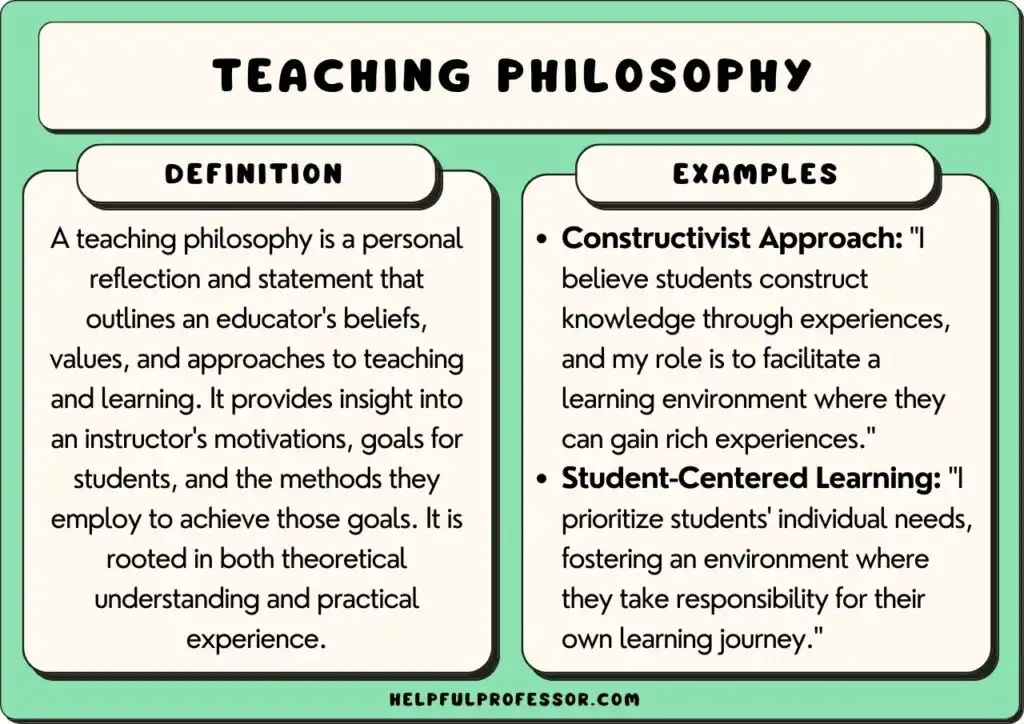
June 1, 2025
What Is Your Philosophy of Education?
Reflect on your philosophy of education, its core values, and how it influences teaching and learning practices. Discover your approach today!
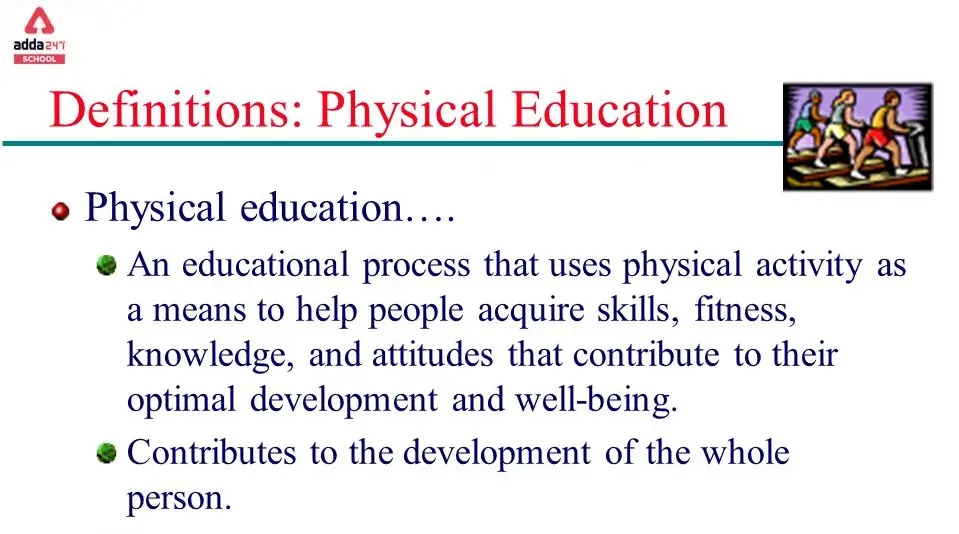
April 14, 2025
What Is Physical Education? Explained!
Discover the importance of physical education, its benefits, and why it's crucial for overall development. Learn more now!
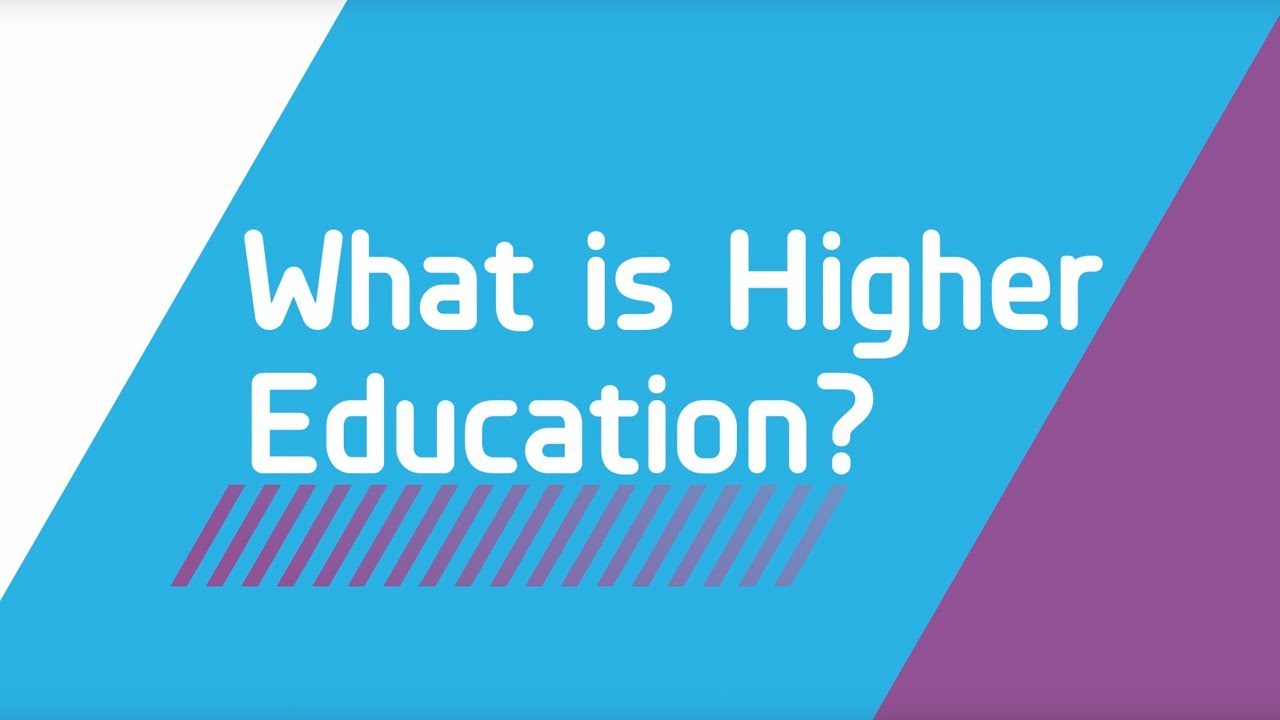
April 19, 2025
What Is Higher Education?
Understand higher education, its benefits, and how it shapes future opportunities. Explore your potential now!





